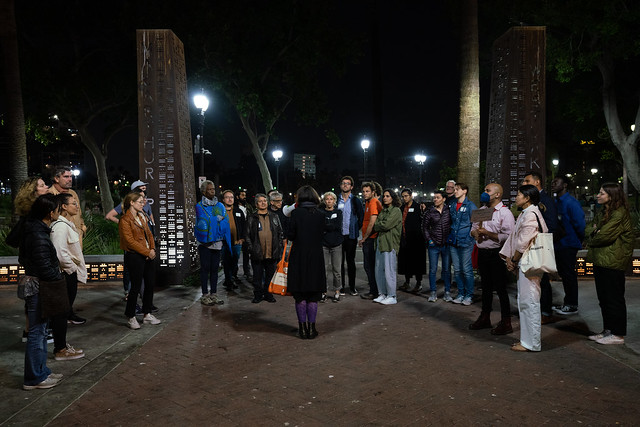A new book co-authored by Robert Fairlie, chair of Public Policy at UCLA Luskin, provides a broad view of entrepreneurship that challenges the assumption that startup companies in the United States create jobs and power economic growth. Federal, state and local governments spend billions of dollars each year on incubators, loan programs, tax breaks and investor incentives to encourage the formation of job-creating businesses, yet these expenditures are often made without knowing whether they lead to lasting, decent-paying jobs. In “The Promise and Peril of Entrepreneurship: Job Creation and Survival Among US Startups,” published by MIT Press, Fairlie and co-authors Zachary Kroff, Javier Miranda and Nikolas Zolas use a comprehensive new data set to provide clarity. Their findings show that startup job creation and survival rates are much lower than those typically reported by federal sources. Official statistics indicate that each startup creates six new jobs on average, and 50% of startups survive up to five years. However, those numbers reflect only new businesses that have employees, not the millions of startups that launch without employees every year, the authors found. “Understanding the early-stage dynamics of entrepreneurship is important,” they write. “Starting a business is difficult, with many potential barriers and risks,” including the legal requirements and resources needed to hire employees. The authors also explore who owns startups, focusing on differences by race and ethnicity and documenting how some minority groups face significant barriers to entrepreneurship. Fairlie’s book is among five recently getting capsule reviews by the Financial Times, which lauds its use of reliably sourced data and says it will “help those seeking to nurture an entrepreneurial culture themselves: the policymakers, academics, incubator operators and business degree students.”

